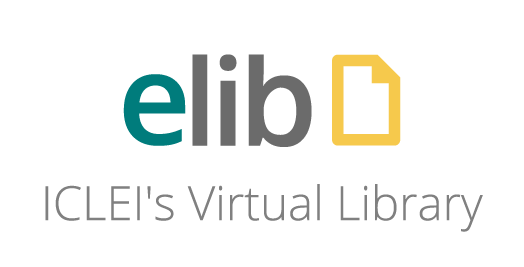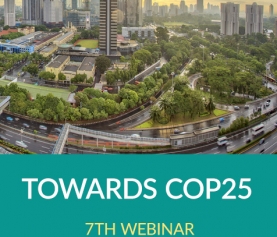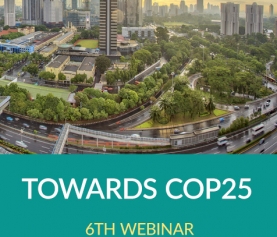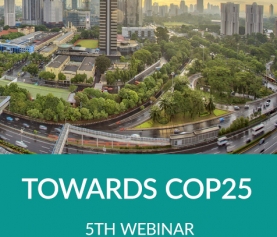The document is the result of the discussions held during Uraía’s first capacity-building Workshop which took place in Oslo (Norway) last June. The working paper elaborated in collaboration with the participants who attended the workshop – including representatives of local governments, city networks, service and technology providers, civil society, international organizations and research institutes from Europe, Latin America, Asia and Africa – gathers general recommendations on city-business cooperation in the field of SMART projects and is based on the participants’ experiences.
After introducing the context of Uraía and the Oslo Workshop, the document explores the main characteristics of SMART PPPs as compared to more conventional PPPs. In the following, the recommendations are divided into three sections, following the logic of the project implementation:
- Phase 1 – Institutional prerequisites
- Phase 2 – Partnership negotiation
- Phase 3 – Project implementation and management
A series of case studies give concrete examples of SMART PPPs implemented by the municipalities of Porto Alegre (Brazil), Johannesburg (South Africa), Agra (India), Sousse (Tunisia) and Valencia (Spain), drawing on their experiences and lessons learned. Additionally, interviews with experts and local government representatives give valuable insights to all relevant project phases of SMART PPPs.
For additional information, comments or suggestions, you can contact the Uraía team through the email info@uraia.org
About the Uraía Platform
The Uraía Platform was established in collaboration between two international institutions working to improve urban life quality around the world: UN-Habitat and the Global Fund for Cities Development (FMDV). Both organizations believe that SMART technologies can help building stronger local governments capable of responding to urban challenges and attending their population’s demands. The Local Government and Decentralization Unit of UN-Habitat work closely with both central and territorial governments to establish mechanisms of dialogue, exchange best practices and to support projects for the empowerment of local and regional governments through a fair distribution of responsibilities and resources. The FMDV is an international alliance of cities that supports local governments in finding solutions to access the necessary financial resources for sustainable urban development. Based in Paris, the FMDV has regional offices and national representations in every continent to work in close collaboration with its local partners.




